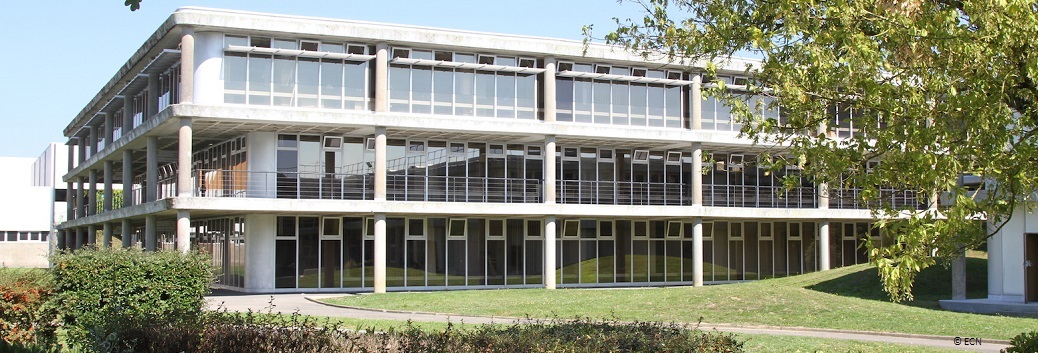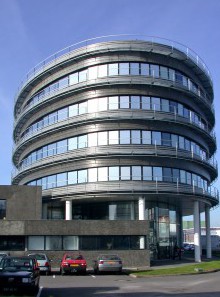The international RTE-Centrale Nantes teaching and research chair is focused on transferring and sharing knowledge. Numerous gateways exist between the chair and the engineering curriculum at Centrale Nantes. The faculty staff – world-renowned for their research work – teach in the engineering programme and in the Masters of Engineering in Automatic Control, Robotics and Applied Informatics. The chair also welcomes the participation of students in research projects.
Developing state-of-the-art skills
The RTE-Centrale Nantes Chair is devoted to the analysis and control of smart grids. By combining research and teaching, Centrale Nantes and RTE aim to build a pool of skills and expertise in the fast-growing field of smart grids. Young graduates drawn to innovation will be able to pursue their career in a promising industrial sector or undertake research work (PhD) within the chair.
Smart grids: a new industrial horizon
Bringing together automatic control and electrical engineering, smart grids are an up-and-coming industrial sector, with considerable potential for industrial development. At the forefront of developments in this field, France has set itself the target of creating 10,000 jobs by 2020 in engineering, design and the service sector. Training engineers and scientists in these emerging technologies allows Centrale Nantes to position itself as a leader in this promising market.
A curriculum focused on energy transition
Centrale Nantes aims to become a national and global leader in energy transition. This major industrial challenge for the 21st century has been a strategic focus of the school for several years now. Transforming the energy model equates to vast potential for innovation and growth and implies meeting technological and societal challenges – an exciting prospect for young scientists and engineers alike. Through the RTE-Centrale Nantes Chair the management of power grids and smart grids is fully integrated into the curriculum. Classes are taught by highly qualified faculty staff and course content matches industrial needs and scientific challenges.


